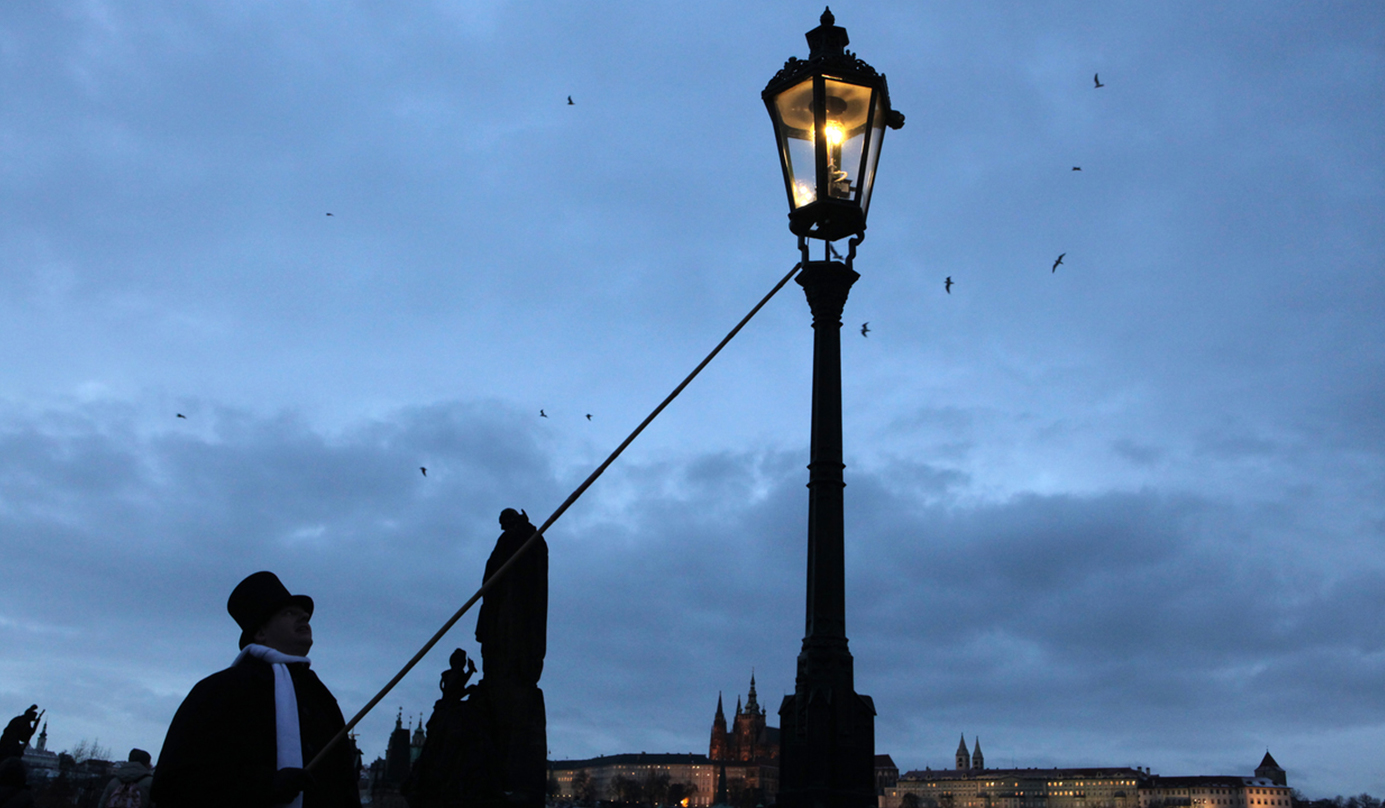
The world looks different now to 50 years ago. Have you ever asked your grandparents what they wanted to be when they were little? Their answer might surprise you. That's because some occupations from the past do not exist today.

Elevators are easy to use. It is as simple as pushing a button. But it wasn't always that way. In the early 1900s, elevators needed operators. They were trained to control the speed. They learned to land on the right floor. They even had to open the doors. Passengers were shocked in the 1950s when they were asked to control the elevators themselves!

Today we can call anyone around the world in seconds. But in the late 1800s you had to call the switchboard operator to speak to someone. Many operators would sit in one big room. These operators had big switches. You would tell the operator with whom you wanted to speak. They would use cables to connect you to the right person.

Food testers make sure that food from farms and factories is safe for everyone. But did you know that there used to be food tasters who would taste food for kings and other powerful people? It was their job to taste food to make sure it was not poisoned. The job was often given to slaves. It really was as bad as it sounds!

Bowling is great fun. We all know what it is like to wait for the machine to reset the pins. But who do you think did that before the machines were invented? That's right, it was people! Pinsetters were often young boys who waited at the end of the bowling alley. They would reset the pins by hand after every bowl.

In most places today, street lamps switch on on their own. But before we had the technology to make this happen, people had to light them manually. These lamplighters would go around and light the lamps just before it got dark.

If you were a child in the 1950s, you would remember the milkman coming to your door each morning with the milk delivery. He would take the bottles from the day before and bring you fresh bottles of milk. As fridges became better, we saw fewer and fewer milkmen.

In the 1940s, typing was a clerical skill that was in high demand. Offices would employ typists to type up documents on typewriters. Some typists exist today, but they work with computers now.

Linotype operators were highly skilled. They worked with hot metal pieces to prepare newspapers for print. They put all the letters in the correct order ready to be printed. There was no room for error in that job!

Technology has affected many industries. None more than the mining industry. In the past, quarrymen mined rock used for construction. Now, machinery can be found in quarries extracting rock.

There are many odd jobs that are now obsolete. Most of them have one thing in common. They were replaced by technology. What are the next jobs to be replaced?